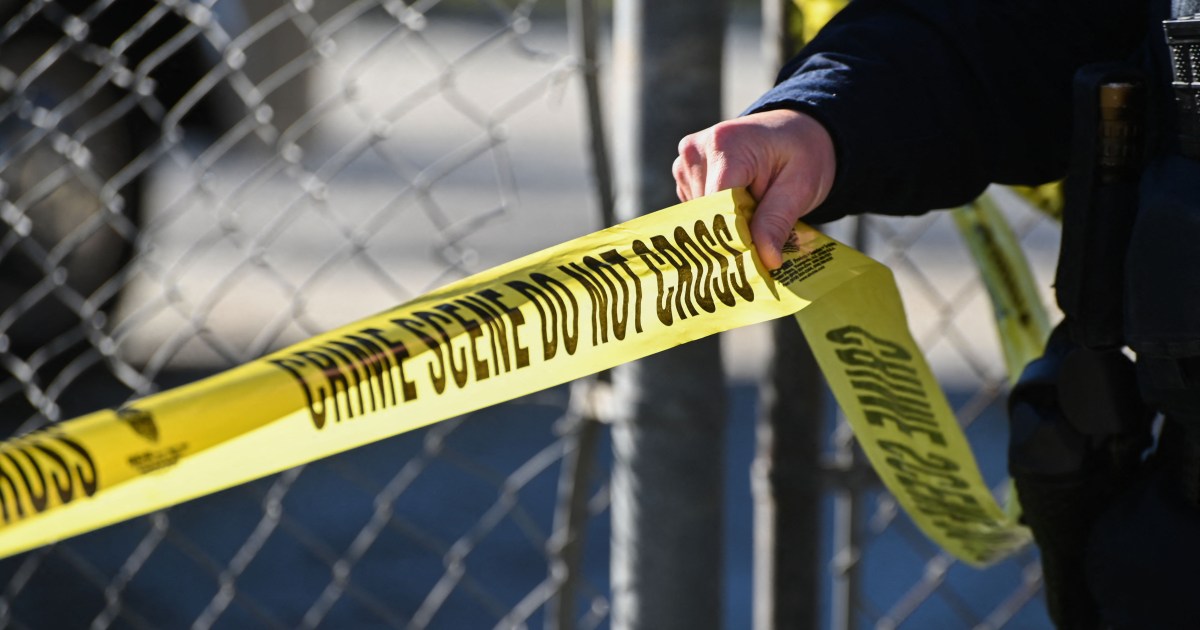Former Illinois sheriff’s deputy Sean Grayson has been found guilty in the 2024 killing of Sonya Massey, a Black woman who called 911 to report a possible prowler at her home. After closing arguments, jurors deliberated for nearly 12 hours before delivering a second-degree murder verdict on October 29, according to NBC News.
Grayson had been charged with first-degree murder, per the outlet, though jurors were instructed they could consider the lesser offense. The verdict arrives following months of scrutiny over the fatal shooting and questions about Grayson’s conduct both during the call and throughout his prior service history.
Verdict Details & Legal Strategy
While prosecutors pursued a first-degree murder conviction, the panel ultimately convicted Grayson of second-degree murder. Civil rights attorneys Ben Crump and Antonio Romanucci, who represented Massey’s family in a $10 million civil settlement tied to the case, maintained that first-degree was warranted but described the outcome as “still a measure of justice for Sonya Massey.”
Outside the courthouse, Massey’s cousin, Sontae Massey, expressed anger at the lesser conviction. "I’m fueled by rage right now," she said, per NBC News. "If you get an officer who says he’s going to shoot you in the face, and then he shoots you in the face, and you only get second-degree murder?"
Former federal prosecutor Mark Chutkow told NBC News the defense made a tactical choice to push for a second-degree option. "The prosecution likely felt confident about their case and was willing to go for an all-or-nothing verdict. But the defense did not want to take that chance, so they advocated for a lesser included charge," he said.
With the conviction, Grayson faces four to 20 years in prison. Under Illinois law, he will likely be eligible for day-for-day credit for good behavior, meaning he could serve roughly half of the sentence imposed. A formal sentencing date has not yet been reported.
What Happened During The 911 Response
The shooting occurred after Massey phoned authorities to report a suspected intruder. When officers arrived at her home, Massey walked toward a pot of water on the stove. As she approached, she said, "I rebuke you in the name of Jesus," according to accounts referenced during the case.
Officers drew their weapons and ordered her to drop the pot. Grayson then fired three shots, fatally striking Massey. The sequence, examined in court, became central to arguments over whether the use of deadly force was justified.
Testifying on October 27, Grayson said he believed Massey intended to throw the water at him. "It raises a lot of concern for me, and I believe she’s going to throw the water," he said, as reported by CBS News. He added, "We were trained to use force that’s going to gain compliance." Prosecutors countered that Massey posed no immediate threat that warranted lethal force and emphasized the rapid escalation inside her own home after she sought help.
The case drew widespread attention not only because the encounter began with a 911 call for assistance, but also due to the stark contrast between what Massey requested and how the situation ended. The jury’s decision suggests they found Grayson’s response excessive under the circumstances presented at trial.
Aftermath, Civil Settlement & Officer Background
Massey’s family previously reached a $10 million civil settlement, with Crump and Romanucci representing the estate. In public statements, the attorneys framed the criminal verdict as an important step, while continuing to press for accountability in police responses to calls for help inside private residences.
Following Grayson’s arrest in July 2024, questions emerged about his professional past. According to reports referenced in the case, Grayson was ejected from the Army in his 20s after a drunken-driving arrest during which a weapon was found in his vehicle. He was later convicted of a second DUI within a year of the first offense. Those revelations intensified debate over screening and training standards for law enforcement hires.
Community advocates and legal experts have pointed to the Massey case as a reminder of the stakes involved in split-second force decisions and the importance of de-escalation, particularly during welfare checks or calls reporting suspicious activity. The prosecution’s narrative leaned on those expectations, arguing that the response to a citizen calling for assistance should meet a higher bar for restraint.
As the case moves into the sentencing phase, the focus now shifts to how the court will weigh Grayson’s conduct, his testimony, and the jury’s finding of second-degree murder. Illinois’ sentencing guidelines leave a broad window, and while day-for-day credit could shorten any term imposed, the conviction itself marks a rare instance of criminal accountability in a fatal on-duty shooting.
For Massey’s family, the verdict does not erase the loss, but it delivers a measure of legal closure. For law enforcement and the community, it’s a case that will likely be studied for its implications on training, decision-making under stress, and the standards applied when an officer’s actions are scrutinized in court. As the court prepares to set a sentence, the outcome will continue to echo far beyond the courtroom where the verdict was read.















































































































